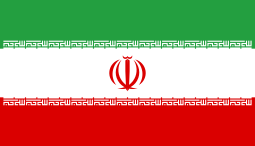Research Fellow Bill Marczak’s Bahrain Watch announced that its #StopTheShipment campaign has succeeded in blocking tear gas exports to Bahrain.
Cyber Steward Network partner Renata Avila details her efforts to bring legal action against FinFisher in Mexico.
This edition of the Southeast Asia CyberWatch covers Cambodia, Indonesia, Malaysia, Myanmar, Philippines, Singapore, and Vietnam.
This report details Iran’s increasing Internet controls since 2009, when protests against the victory of Iranian President Mahmoud Ahmedinejad rocked the country. The election protest campaign–dubbed the “Green Movement”–was marked for the high use of social media and other information and communication technologies (ICT) to organize protests and disseminate information.
